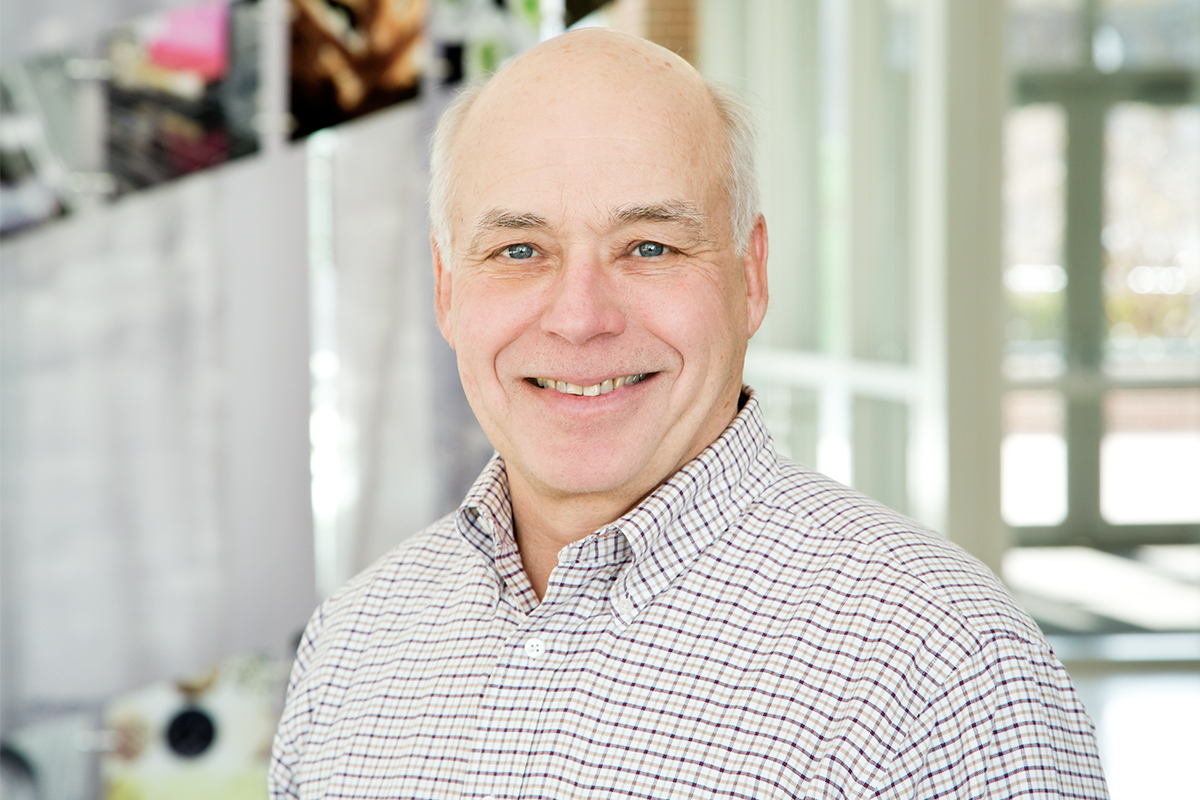Donald R. Ort

Donald Ort is the Robert Emerson Professor of Plant Biology and Crop Sciences at the University of Illinois, where his research is focused on understanding and improving plant growth. His research specifically seeks to improve photosynthesis performance in crops under changing environmental conditions including rising carbon dioxide levels, high temperatures, and drought.
He obtained his bachelor’s degree in biology and chemistry from Wake Forest University and his doctorate in plant biochemistry from Michigan State University followed by a National Institutes of Health (NIH) postdoctoral fellowship at Purdue University and later at the University of Washington. He came to the University of Illinois campus as a research plant physiologist with the Global Change and Photosynthesis Research Unit of the United States Department of Agriculture Agricultural Research Service serving as its Research Leader until 2018. He has published more than 250 papers in peer-reviewed journal articles and been listed by ISI/Clarivate Analytics as one of the most cited authors in Animal & Plant Biology every year since 2016. He has held numerous positions in professional societies including president of the International Society of Photosynthesis Research and the American Society of Plant Biologists (ASPB). He also served as editor-in-chief of Plant Physiology and associate editor of the Annual Review of Plant Biology. He is a member of the National Academy of Sciences and a fellow of the American Association for the Advancement of Science (AAAS) and American Society of Plant Biologists (ASPB). His awards include Agricultural Research Service Science Hall of Fame, the ASPB Charles F. Kettering Award and Charles Reid Barnes Life Membership Award, and the U of I University Scholars Award.
At the University of Illinois, Ort helped found SoyFACE (Soybean Free Air Concentration Enrichment), a unique open-air laboratory that investigates the impacts of increasing carbon dioxide, ozone, and temperatures. He understood early on that to prepare crops for future climate change conditions we must understand how these factors influence real-world crop systems. Today, he serves as deputy director of the Realizing Increased Photosynthetic Efficiency (RIPE) project, the associate director for Research & Development for the Center for Advanced Biofuel and Bioproduct Innovation (CABBI) and leads the Genomic Ecology of Global Change research theme in the Carl R. Woese Institute for Genomic Biology (IGB) that aims to create a more robust agricultural system despite climatic changes.
